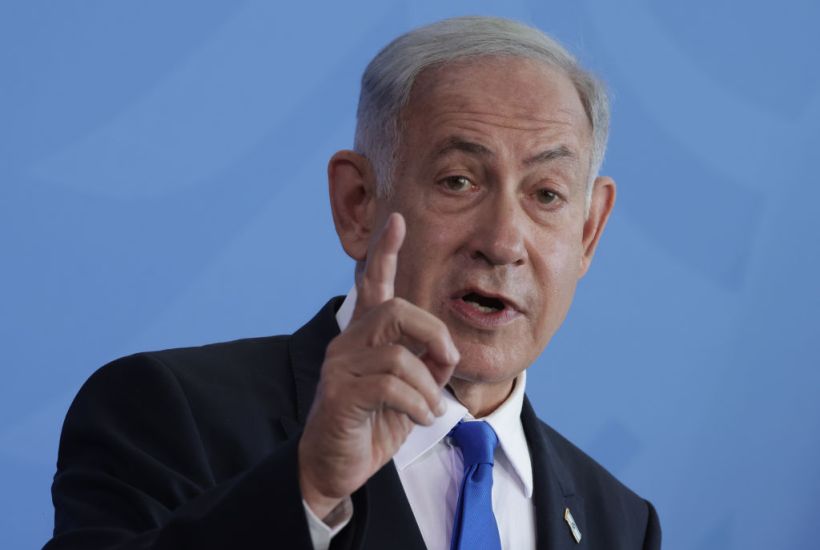The Israel Defence Forces (IDF) have suffered their deadliest day since the 7 October massacre. Nine soldiers were killed, including the Golani Brigade’s 13th battalion commander, during a coordinated Hamas ambush in the Shujaiyeh neighbourhood of Gaza city. The attack was a rare success for Hamas, but despite the painful blow to the IDF, troops still have high morale and the Israeli public continues to support the war – at least for now.
Already a subscriber? Log in
Subscribe for just $2 a week
Try a month of The Spectator Australia absolutely free and without commitment. Not only that but – if you choose to continue – you’ll pay just $2 a week for your first year.
- Unlimited access to spectator.com.au and app
- The weekly edition on the Spectator Australia app
- Spectator podcasts and newsletters
- Full access to spectator.co.uk
Or




















Comments
Don't miss out
Join the conversation with other Spectator Australia readers. Subscribe to leave a comment.
SUBSCRIBEAlready a subscriber? Log in